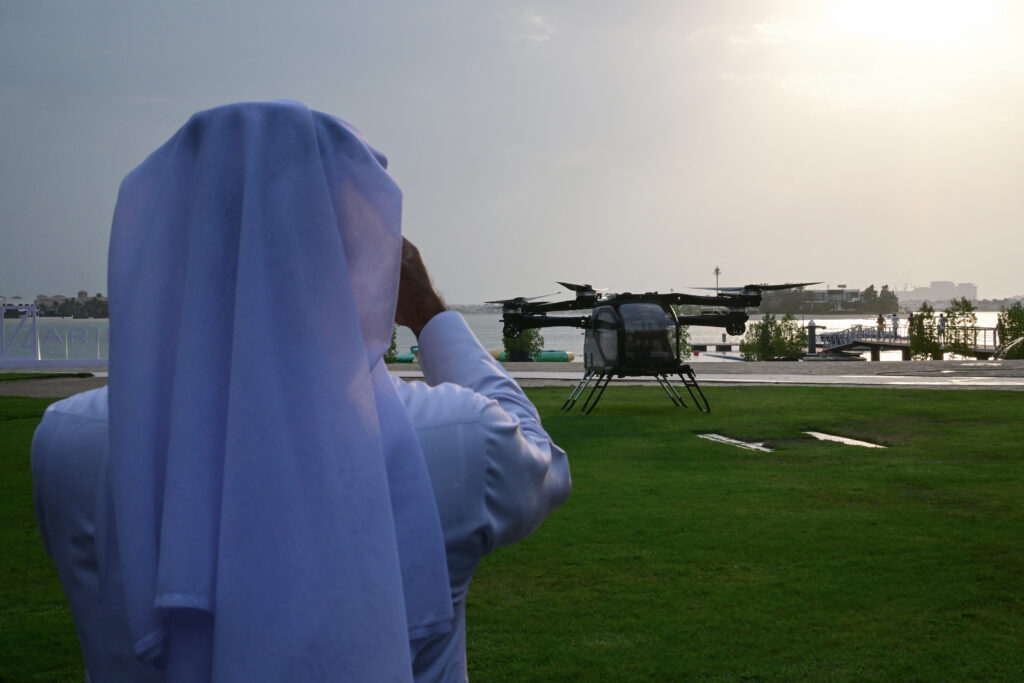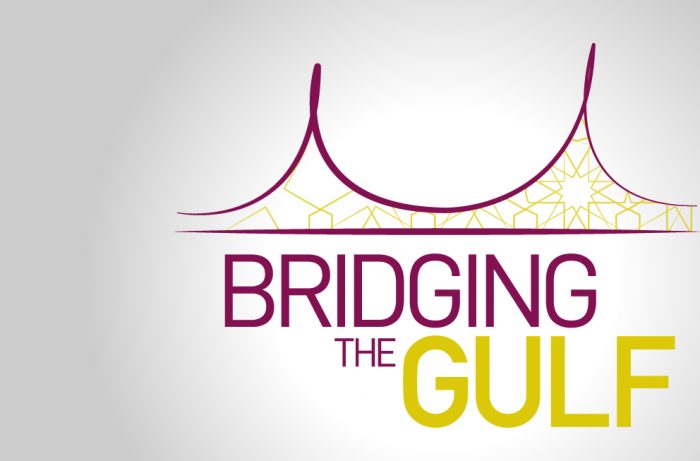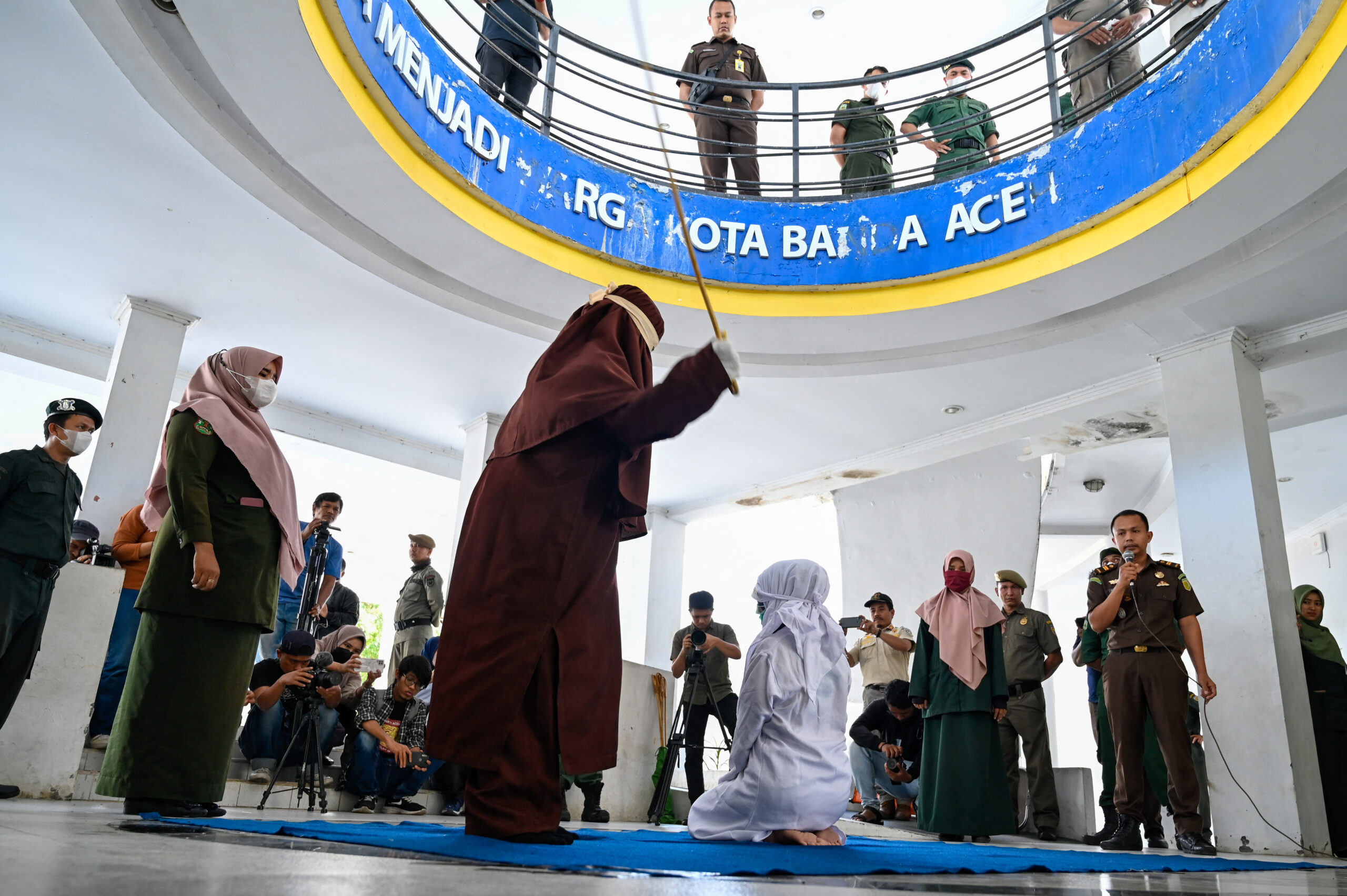
- 11 May 2023
Gulf reformers and South-east Asian Retrenchers: Accelerating Change Elicits Diverse Responses
(This event is organised by MEI Diffusion of Ideas research cluster.)
To match the breakneck speed of their progress, the United Arab Emirates and the Kingdom of Saudi Arabia have both initiated bold social reforms recently.
In its drive to attract foreign talent, a condition for stronger competitiveness, the Emirates relaxed laws banning the cohabitation among unmarried couples and alcohol consumption. In Saudi Arabia, freedom for women to drive, and to decide whether to wear the hijab, have amounted to a break with past social practices, speeding up their integration into public and economic life. These changes, which are ushering in a more conducive social climate for realising ambitious development plans, go hand in hand with efforts to curb religious extremism.
Meanwhile, in the two largest Muslim-majority nations of South-east Asia, Malaysia, and Indonesia have gone in the opposite direction: The recent general election in Malaysia bolstered Islamic parties significantly, while conservative Islamic agendas proliferate in the political life of Indonesia, leading to the adoption of a controversial new Penal Code seen as a setback for civil liberties. With local elections in Malaysia due later this year, and both parliamentary and local elections in Indonesia in 2024, the conservative trend may solidify.
Are the two diverging tracks over political Islam and social liberties amounting to a chasm between Gulf reformers and South-east Asian conservatives? Will this divergence impact on political, business, and people-to-people ties between the two sides?
These questions will be discussed by Dr. Mohammed Baharoon, Director General of B’huth think-tank in the UAE, Dr. Chin Huat Wong, political scientist at the Jeffrey Sachs Center on Sustainable Development, Sunway University, Malaysia, and Dr. Muhammad Zulfikar Rakhmat, political scientist of Universitas Islam Indonesia, and research affiliate at MEI-NUS.
The conversation will be moderated by György Busztin, Visiting Research Professor, MEI-NUS.
This public talk will be conducted via Zoom on Thursday, 11 May, from 4.00 pm to 5.30 pm SGT.
Image caption: A woman is caned by a sharia policeman as a punishment for being caught in close proximity with a man in Banda Aceh on December 21, 2022. (Photo by CHAIDEER MAHYUDDIN / AFP)
About the Speakers
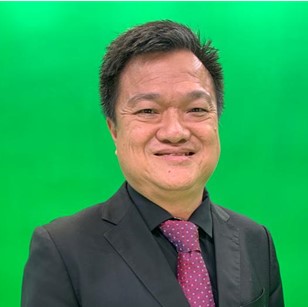
Professor and Deputy Head (Strategy)
the UN Sustainable Development Solutions Network (SDSN) Asia Headquarters
Sunway University
Mr Mohammed Baharoon
Director General
Dubai Public Policy Research Center (B’Huth)
Dr. Muhammad Zulfikar Rakhmat
Research Affiliate MEI NUS
Assistant Professor
Universitas Islam Indonesia
[Moderator] Dr. György Busztin
Visiting Research Professor
Middle East Institute, NUS
Prof Wong is a political scientist at Sunway University, where he serves as the Deputy Head (Strategy) of the Asia Headquarters for the UN Sustainable Development Solutions Network (SDSN). His research interest is in political institutions and communal politics. He had conducted surveys on the political outlook of Malay Muslims between the 2018 and 2022 elections. His political commentaries are commonly found in English, Malay, and Chinese domestic and international media, including the Malay daily Sinar Harian, for which he writes a weekly column.
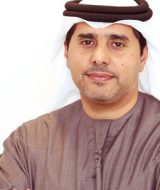
Mohammed Baharoon is the Director General of Dubai Public Policy Research Center (b’huth), established in 2002 in Dubai, UAE.
He perused a career in media as a reporter for “Al Arabi” Magazine, Al Ittihad newspaper and then Editor for Gulf Defence Magazine before starting as director of research at b’huth and focusing on the interplay between Geostrategy and policy making in governance, stability, capacity building and future proofing.
Mohammed has also worked as Deputy Director of Watani (UAE’s first initiatives on National Identity), and is also a founding member of the board of “Bussola Institute” a think tank in Brussels that focuses on the changing and emerging aspects of partnership between the EU and the GCC member states.
As part of his interest in the emerging geostrategic space of the Arabian Peninsula, Mohammed looks at Iran as part of the development of the area as a major trade artery. This development has implication on developing a sustainable relationship with its regional neighborhood on the Arabian Gulf, The Arabian Sea, the Red Sea or the Mediterranean. Iran is a major component of that space and becoming more adaptable to the modernization process will allow it become part of the future development of the region.
Mohammed Baharoon has a Master’s degree in English Literature from Texas Tech University in 1995 and an English Major from Kuwait University in 1987.
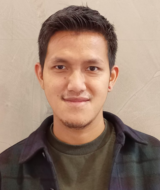
Muhammad Zulfikar Rakhmat is an academic from Indonesia whose research focuses on China-Indonesia-Middle East relations.
He spends his time between Indonesia and South Korea, where he is an assistant professor at the Department of International Relations, Universitas Islam Indonesia and a research professor at Korea Institute for ASEAN Studies, Busan University of Foreign Studies.
Beyond these two institutions, Muhammad is also a research affiliate at the Middle East Institute at the National University of Singapore and a research associate at Jakarta-based Institute for Development of Economics and Finance (INDEF). Since August 2022, he has served as an associate at IDEAS, the London School of Economics’ foreign policy think-tank. In addition, he has held visiting professor positions at Bina Nusantara University and Universitas Paramadina.
Muhammad received a B.A. in International Affairs from Qatar University, before completing an M.A. in International Politics and a Ph.D in Politics at the University of Manchester in the U.K.
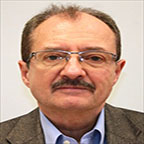
[Moderator] Dr Gyorgy Busztin is Visiting Research Professor at the Middle East Institute, NUS.
A career diplomat and an academic, he served between 2001 and 2011 as Hungary’s ambassador to Indonesia, and, subsequently, to Iran. In 2011, Dr Busztin was appointed deputy envoy of the United Nations in Iraq, responsible for the political, analytical, electoral, and constitutional support components of the UN’s mission in Iraq. He served at the level of assistant secretary-general until October 2017.
Dr Busztin holds a degree in Arabic history from Damascus University, Syria and a Doctorate in Arabic language and Semitic philology from Lorand Eotvos University in Hungary. In addition to his native Hungarian, he speaks English, French, Arabic, Farsi/Dari (Persian), Bahasa Indonesia, and Russian. He has engaged leading politicians, intellectuals, religious leaders, and representatives of civil society.

